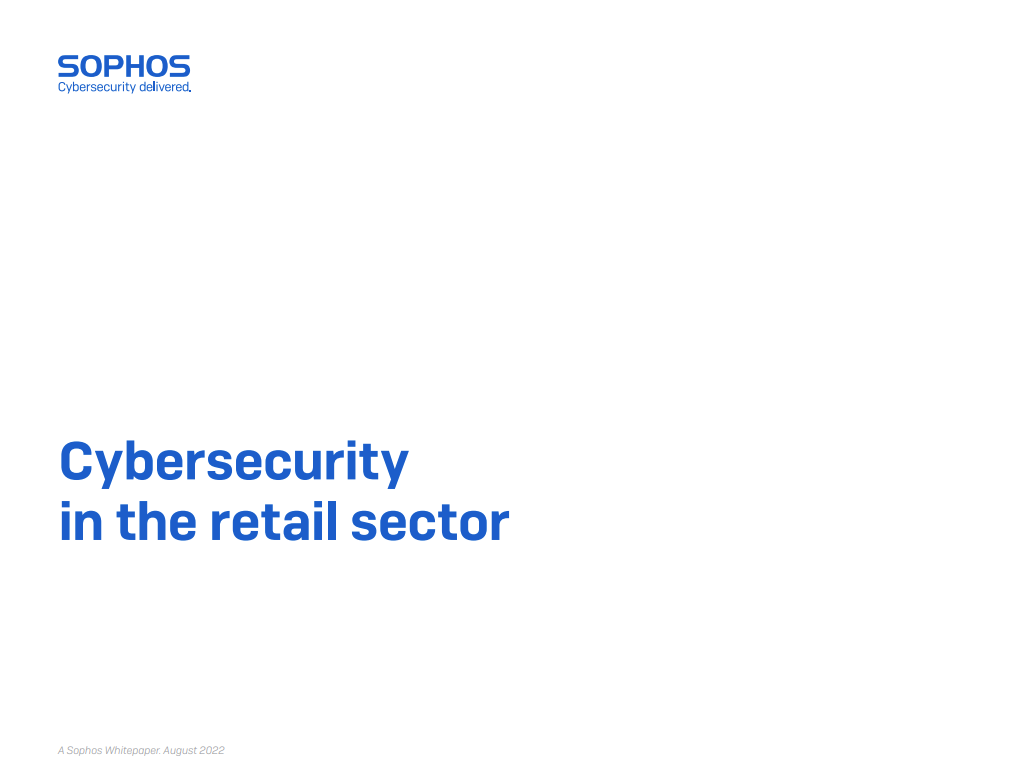Malicious worm turns iPhones into zombies
Jail-broken iPhones are targeted in an attack which could make them part of a botnet.

The security threat to the iPhone has suddenly become more serious, as a new worm is out which can compromise the device and add it to a botnet.
Regular users don't need to worry too much yet, as just like the Rick Astley' worm Ikee it only affects jail-broken devices.
But if it does get hold of your iPhone, Dutch security researchers XS4ALL said that the worm was capable of stealing data, as well as giving control of it to a Lithuanian botnet command server.
Also like Ikee, the new worm breaks into jail-broken iPhones by using the default root password Alpine'. The researchers reported that it changes this, making it so a criminal could log back in.
The worm also assigns each iPhone a unique ID number, which could get specific devices to work and allows criminals to further investigate the device - very serious if it holds important data.
The worm may also be related to a banking trojan, as it was said to look for mTans, SMS messages used as part of two-factor banking authentication systems.
This is when a bank sends you an SMS when you attempt to login to an online bank account, which has a one-time password you enter to gain access.
Get the ITPro daily newsletter
Sign up today and you will receive a free copy of our Future Focus 2025 report - the leading guidance on AI, cybersecurity and other IT challenges as per 700+ senior executives
Graham Cluley, senior security consultant at Sophos, told IT PRO that this threat could not be considered or called a prank like the Rick Astley worm, although it does appear to be based on the same source code.
"It's clearly designed to hijack computers and steal information from them," he said.
Cluley said it was important to realise that this only affected jail-broken iPhones and people who made a fundamental mistake by not changing the default password when tampering with it.
He said that iPhone was normally a closed and sandboxed device where Apple had control of what applications you could run. But he warned about the potential threat to devices that are more 'open' such as phones running the Android operating system.
"There's always the potential for those kind of attacks from malicious apps written," he said. "But I still [think] we are still a long, long away from malware on smartphones being anything as common as on Windows."
-
 96% of SMBs are missing critical cybersecurity skills – here's why
96% of SMBs are missing critical cybersecurity skills – here's whyNews The skills shortage hits SMBs worse as they often suffer from a lack of budget and resources
By George Fitzmaurice
-
 Sophos Firewall Virtual review: Affordable network protection for those that like it virtualized
Sophos Firewall Virtual review: Affordable network protection for those that like it virtualizedReviews Extreme network security that's cheaper than a hardware appliance and just as easy to deploy
By Dave Mitchell
-
 MSPs are struggling with cyber security skills shortages
MSPs are struggling with cyber security skills shortagesNews A shortage of tools and difficulties keeping pace with solutions were also ranked as key issues for MSPs
By George Fitzmaurice
-
 Nearly 70 software vendors sign up to CISA’s cyber resilience program
Nearly 70 software vendors sign up to CISA’s cyber resilience programNews Major software manufacturers pledge to a voluntary framework aimed at boosting cyber resilience of customers across the US
By Solomon Klappholz
-
 Sophos and Tenable team up to launch new managed risk service
Sophos and Tenable team up to launch new managed risk serviceNews The new fully managed service aims to help organizations manage and protect external attack surfaces
By Daniel Todd
-
 Ransomware groups are using media coverage to coerce victims into paying
Ransomware groups are using media coverage to coerce victims into payingNews Threat actors are starting to see the benefits of a more sophisticated media strategy for extracting ransoms
By Solomon Klappholz
-
 Shrinking cyber attack “dwell times” highlight growing war of attrition with threat actors
Shrinking cyber attack “dwell times” highlight growing war of attrition with threat actorsNews While teams are becoming more proficient at detecting threats, attackers are augmenting their strategies
By Ross Kelly
-
 Cyber security in the retail sector
Cyber security in the retail sectorWhitepapers Retailers need to ensure their business operations and internal data aren't breached
By ITPro

